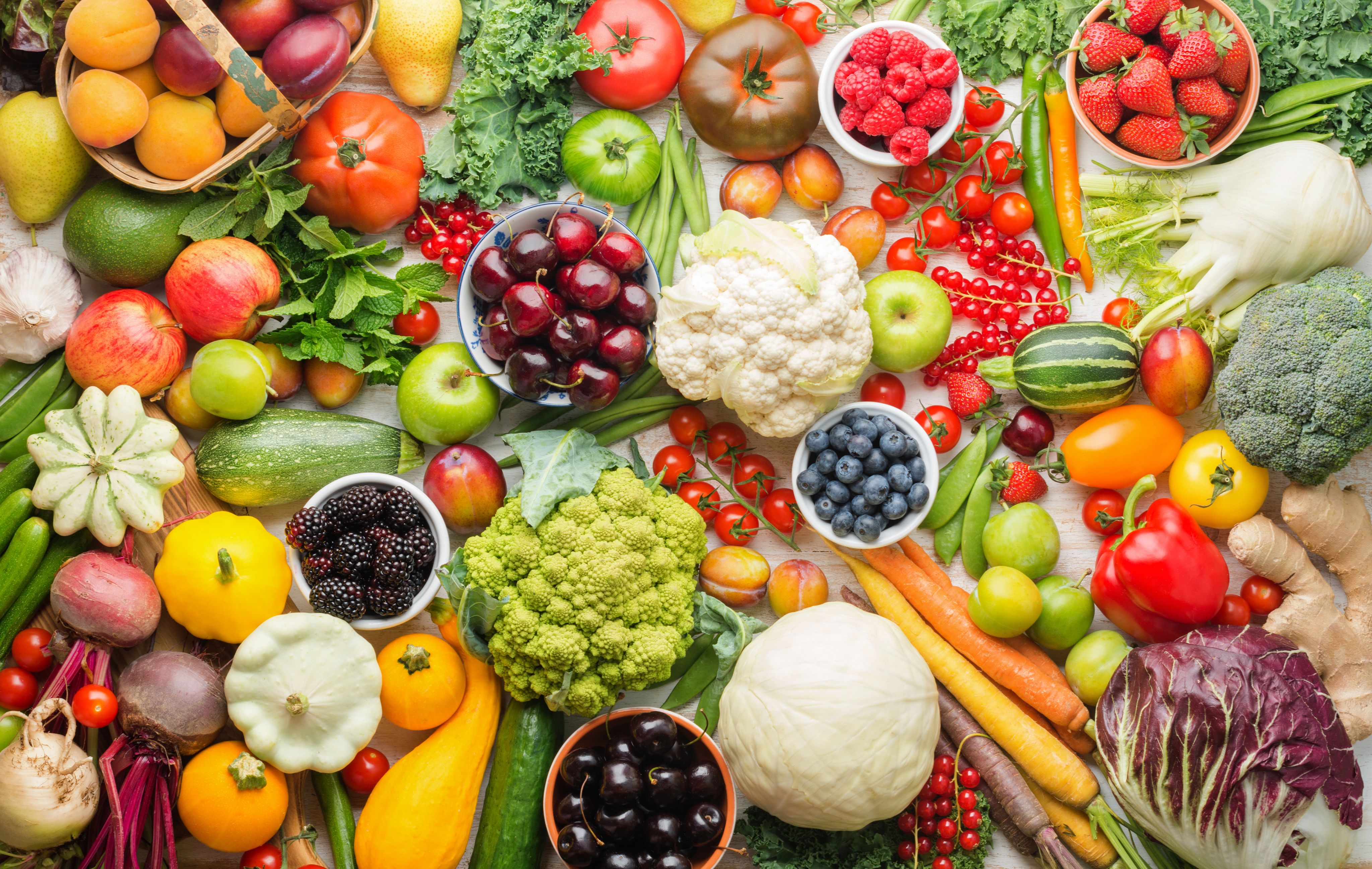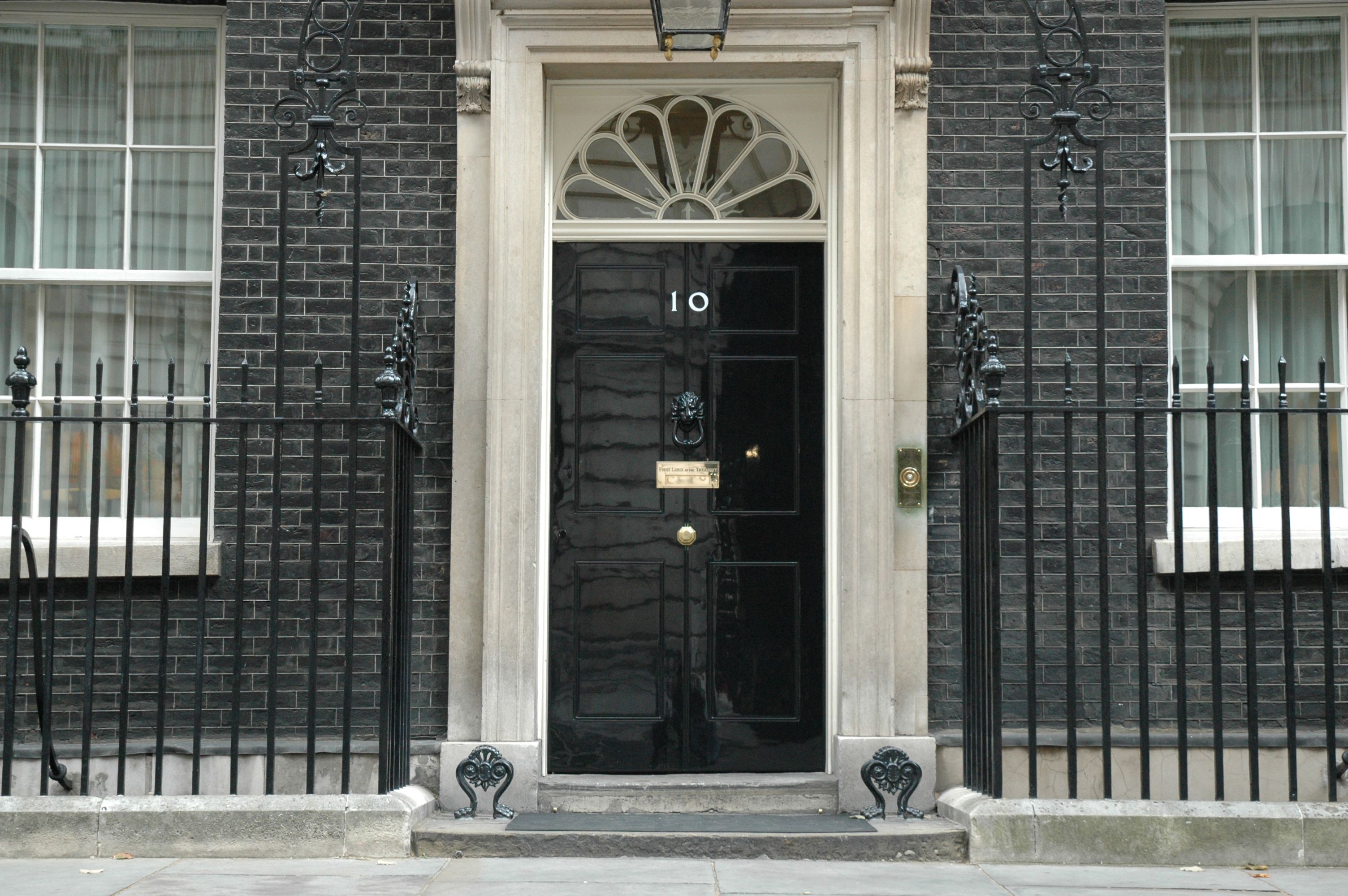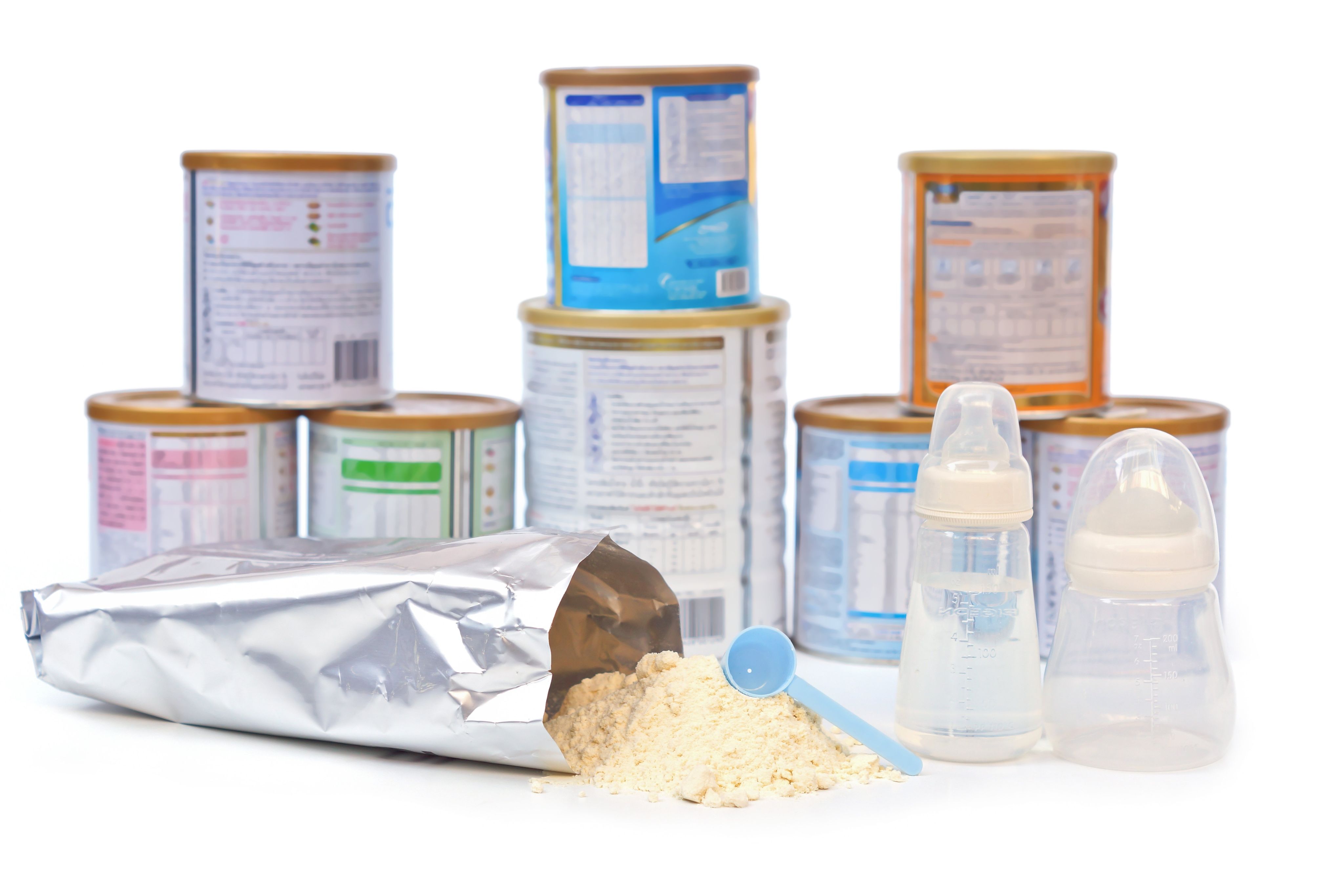We need a plan to fix our broken food system
How can we enable everyone to eat better diets and live healthier lives?

England has one of the highest rates of obesity among high-income nations, driven primarily by unhealthy diets.
Two-thirds of adults are living with overweight or obesity, and 29% are living with obesity.
More than 20% of children start primary school with overweight or obesity, rising to over 36% by the time they leave.
After tobacco, diet-related risks now make the biggest contribution to years of life lost.
In economic terms, the annual societal cost of obesity is at least 1–2% of UK GDP—billions each year in healthcare costs and lost productivity.
The aim of our report is to ensure everyone can access affordable healthy food so they can live healthier lives.
Here are five key areas that need
to be addressed
1. We need a new food strategy
Between 1992 and 2020, successive governments proposed nearly 700 policies to tackle obesity. Despite this, obesity rates have continued to rise.
This failure was the result of relying on individual responsibility, rather than tackling the reasons why people eat unhealthily.
Less healthy, processed foods are typically more profitable for businesses than healthier foods because they are cheap to produce and sell and are highly palatable.
“It is often not in the interests of corporations to promote healthier food products, simply because the profit margins are lower and corporations have a fiduciary duty to shareholders to maximise profits.”
To turn the tide, the Government needs to take a new approach to the food industry, regulating businesses that rely on sales of less healthy food and giving businesses incentives to produce and sell healthier food.
The Government must publish a comprehensive and integrated food strategy led at the highest level, setting targets for a healthy food system and plans to achieve them.

2. Ultra-processed foods
Recently, there has been intensive public and scientific debate on the health effects of ultra-processed foods (UPFs). UPFs are estimated to make up more than half of average energy intakes in the UK.
Academics at the University of São Paulo first proposed the concept of ultra-processed foods in 2009 to test the hypothesis that rising consumption of industrially processed foods was driving increases in obesity and diet-related disease in Brazil.
Multiple studies have shown correlation between consumption of UPFs and adverse health outcomes. Many UPFs are already considered less healthy in dietary guidelines and regulation because they are high in calories, fat, salt and sugar (HFSS).
Apart from energy and nutrient content, causal links between other properties of UPFs and poor health outcomes have not been demonstrated with certainty. To understand any links, more research is needed.
More broadly, less healthy, highly processed foods are often the affordable and convenient option, particularly for people living with food insecurity.
The Government’s new strategy must seek not only to reduce sales of less healthy foods but to make healthier, often unprocessed and minimally processed foods affordable and accessible for all.

3. Taxing unhealthy food businesses
Health taxes can be a powerful way to drive business to sell healthier food and drink.
The Soft Drinks Industry Levy led to a reduction of more than a third in the sugar content of soft drinks in just four years. The tax is also linked to reductions in sugar consumption and in obesity in year 6 girls.
By contrast, voluntary sugar and salt reduction programmes led to little to no change.
A new tax on businesses using salt and sugar could reduce calorie intakes and help people live longer in better health. It could also free up funding to make healthier food cheaper, for example by subsidising fruit and vegetables or extending free school meals.
“If we had to pay more for sugar and salt, perhaps that would encourage us and the whole manufacturing industry to use less.”
The Government should introduce a salt and sugar reformulation tax and consider how the revenue can be used to make healthier food cheaper, particularly for people on low incomes.

4. Healthy infancy and early years
It’s critical to act early to reduce the risk of obesity and diet-related disease. Children living with obesity are five times more likely to become adults with obesity.
We heard that more could be done to support families with healthy infant feeding.
At population level, breastfed babies are significantly less likely to develop childhood overweight or obesity.
Although exclusive breastfeeding is recommended until the age of six months, only around half of babies are still fully or partially breastfed after six to eight weeks.
For formula-fed babies, responsive bottle feeding is key to avoiding over-consumption.
“In infancy, we have this window of opportunity where we need to help children to learn to eat, both physiologically and socially.”
Some commercial infant foods have more sugar than biscuits or confectionery and it’s legal to market them for use from four months of age, even though government dietary guidance says solid foods should only be introduced from six months.
Marketing often suggests such foods are healthier than they really are.
The Government must set ambitious new goals on maternal and infant nutrition, develop a comprehensive strategy to achieve them, and set strong mandatory compositional and marketing standards for commercial infant foods.

5. Tackling food insecurity
The most deprived children are more than twice as likely to be living with obesity than the least deprived.
Almost a fifth of children live in food insecure households. Per calorie, healthier foods have been estimated to be more than twice as expensive than less healthy food.
There is an urgent need for measures to help families in poverty to afford healthy food.
The Healthy Start scheme plays an important role in enabling pregnant women and families with babies and young children to access fruit, vegetables and milk.
However, the value of payments has not kept up with soaring prices and too many families may be missing out.
In too many schools the free school meals allowance does not cover the cost of a nutritious meal and about a third of children in poverty aren’t eligible for free school meals.
“A lot of my friends were on free school meals … You would get a chicken burger for £2. You might think of a chicken burger with mayo, lettuce and all the extras, but no, it was a fried chicken breast in a white bun. That is it.”
The Government must enable auto-enrolment for Healthy Start and free school meals and immediately review the costs and benefits to public health of increasing funding rates and widening eligibility for them.

What happens next?
We have made our recommendations to the Government and it now has two months to respond to our report.
Read the full report on our website.
Find out more about our inquiry and our committee.
Our committee is a special inquiry committee for 2024.
Follow the committee @HLFoodObesity
Listen to the Unpacking The Evidence podcast
Cover image credit: Liliya Trott - stock.adobe.com
